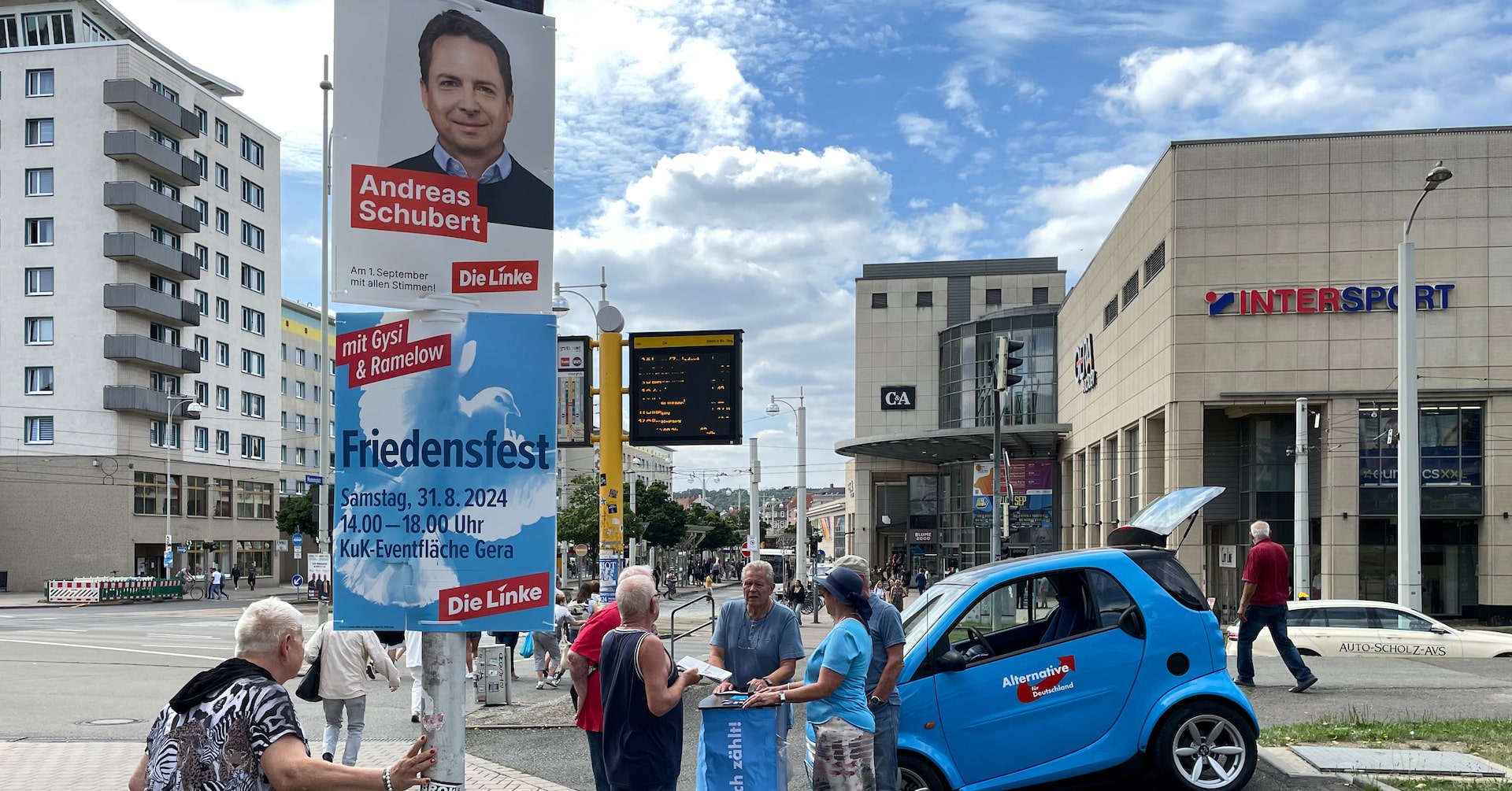GELSENKIRCHEN, Germany, Feb 17 (Reuters) – Lars Baumguertel, a 58-year-old executive, runs one of the last surviving manufacturers in Gelsenkirchen, a former coal town in the industrialized Ruhr Valley. His company, like many in the Mittelstand, is struggling with high energy costs following the Ukraine war, which ended supplies of cheap Russian gas. Europe’s largest economy contracted for a second consecutive year in 2024, its worst performance in two decades. Gelsenkirchen, with Germany’s highest unemployment rate, has seen a dramatic rise in the popularity of the far-right Alternative for Germany (AfD) party. Ahead of a general election, a national debate is raging about how to revive Germany’s economic fortunes. Baumguertel hopes a new government will provide long-overdue infrastructure investment to rebuild Germany’s energy system and transition to a greener, more modern economy. However, Germany’s constitutional debt brake, which limits the federal government’s deficit to 0.35% of output, has prevented vital investments. Reuters spoke to eight residents of Gelsenkirchen, as well as senior politicians and economists, who said that a new government must consider fundamental changes to Germany’s austere, export-driven model, including the debt brake, to revive the economy. Friedrich Merz, the conservative frontrunner, is quietly leaving the door open to reform, according to party insiders. In Gelsenkirchen, the signs of a downturn are visible everywhere, with the city’s population and economy declining. Many residents no longer feel the economy is working for them and are turning to extremist parties. The AfD, now the second-most popular party nationally, blames Germany’s phase-out of nuclear energy for high energy costs. The CDU, expected to lead a coalition government, has left the door open to reopening nuclear plants. Addressing Germany’s structural challenges, including energy needs and climate obligations, would cost 600 billion euros in the next decade, according to the IW economic institute. Possible reforms include lifting the spending cap on Germany’s 16 federal states. Some in Gelsenkirchen say missteps there mirror a wider reluctance of Germany’s leaders to change. Gelsenkirchen’s mayor, Karin Welge, said additional fiscal leeway would help with the city’s structural transformation. Close observers of the German economy do not expect this election to yield dramatic change, with two major economic institutes forecasting a third year of economic contraction in 2025. — news from Reuters
